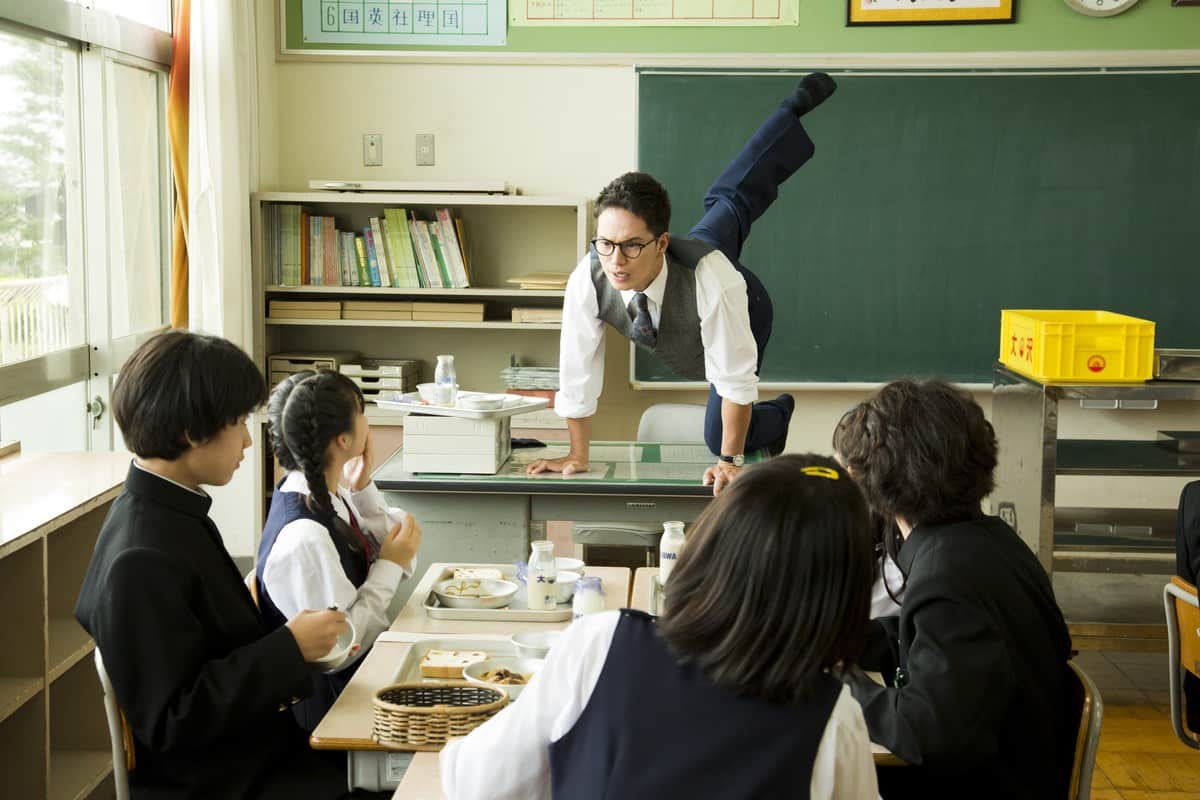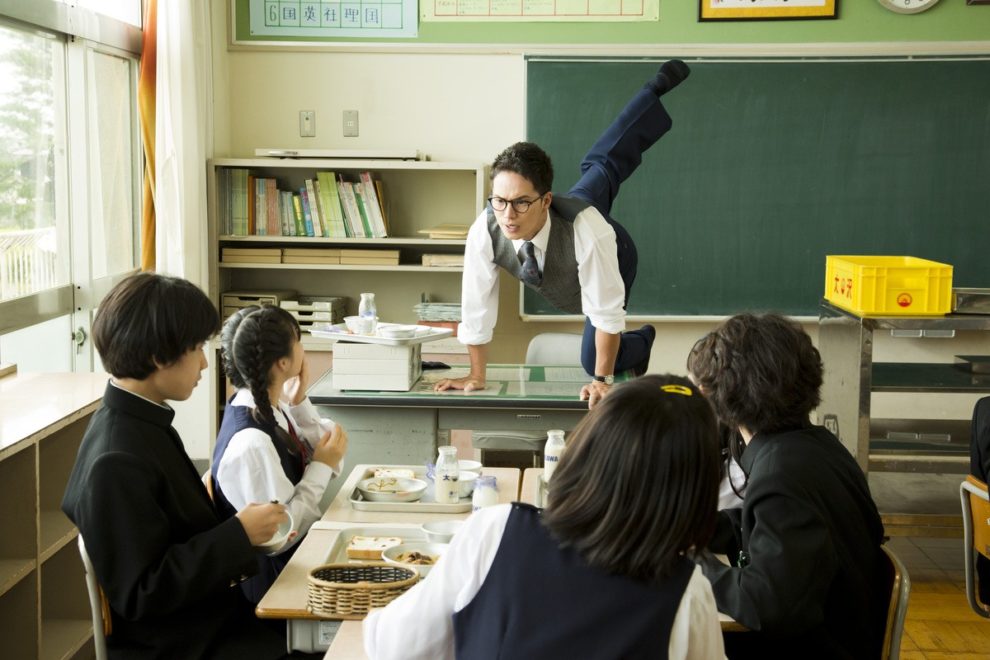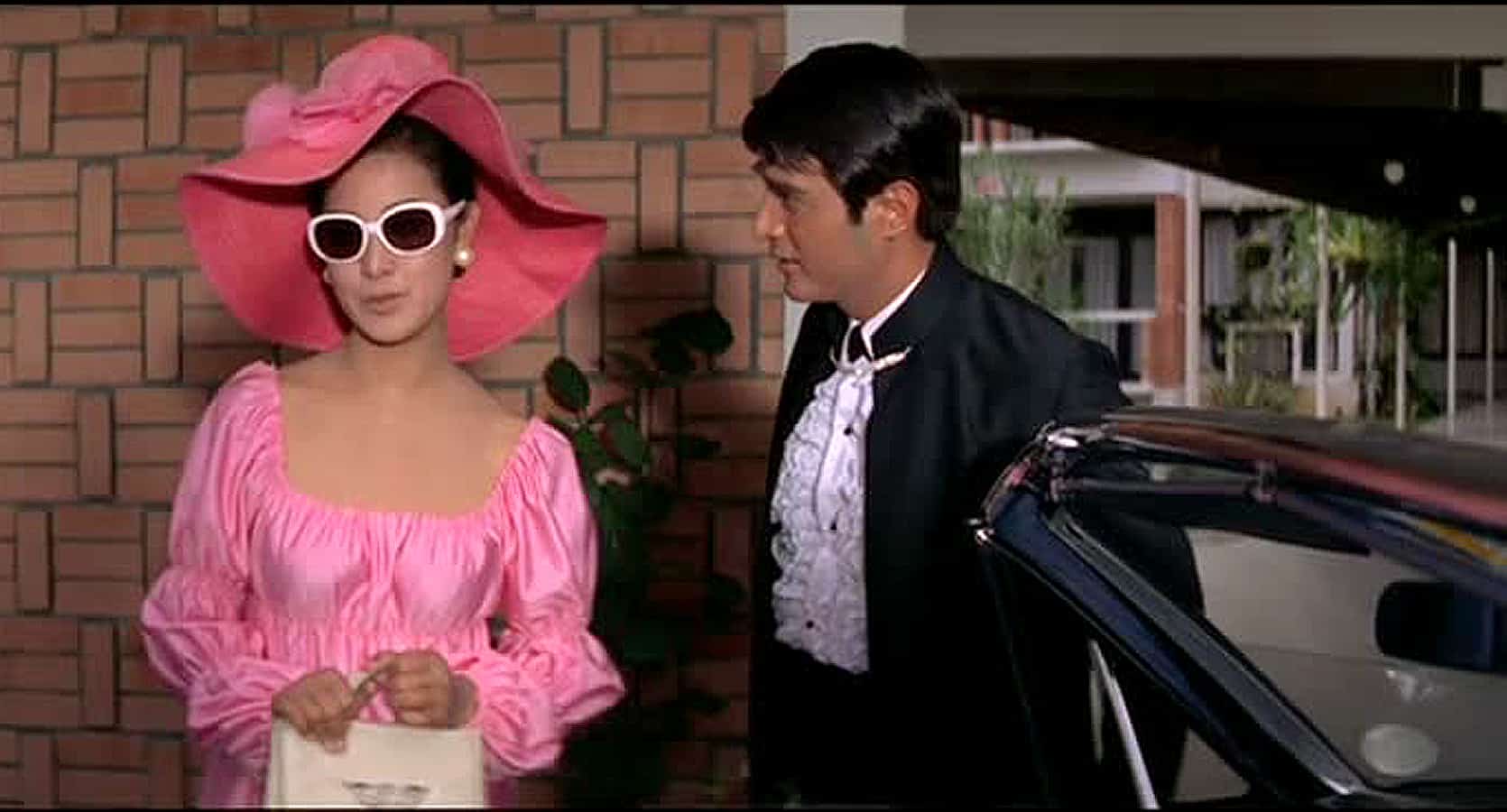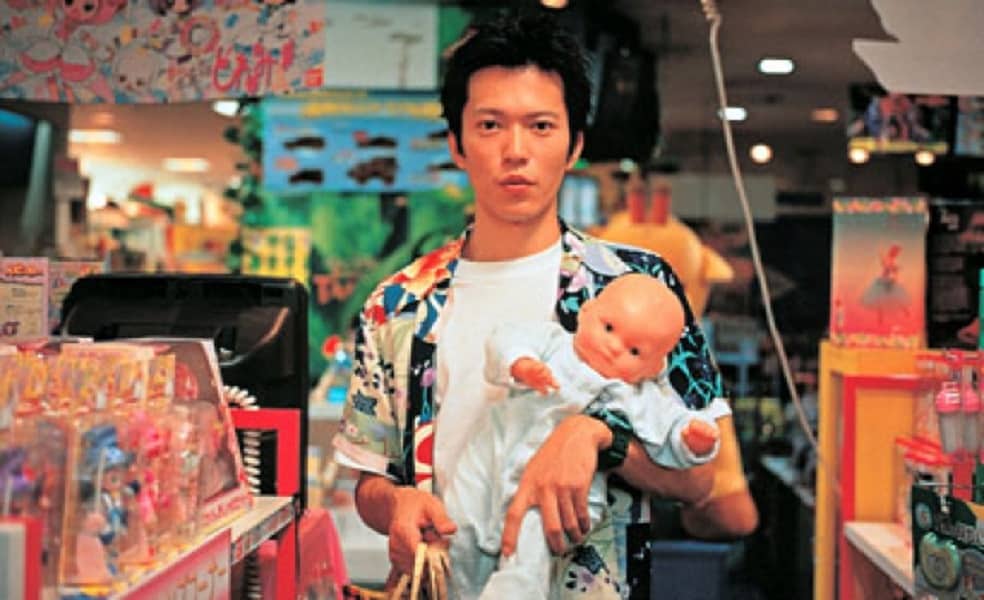The Toronto Japanese Film Festival presents with “School Meals Time: Final Battle” a very ambiguous work. Director Shinya Ayabe created an eccentric comedy with fantastic elements. As a viewer, you get interesting insides into the Japanese school system. But you meet also a very irritating and eccentric main protagonist.
“School Meals Time: Final Battle” is screening at Toronto Japanese Film Festival

Amarida is a math teacher at a Japanese junior high school in 1984. Normally, he is very composed and even a bit cold. But there is one topic that he is excited over: the school meals. He loves them. It is common practice, at least in the 1980s, that the school provides for lunch for his students and teachers. It's not only Amarida who looks every day forward to it, but also one of his students, Kamino. A real competition takes place between them, since Kamino is an expert in finding different ways to eat the food.
In fact, Amarida is very conservative. For him, there is one way to eat noodles and dip them into the soup. There is also only one way how to open a milk bottle, by the way. Kamino defies him by inventing new ways to cope with the meal. The real problem though is that the school commission decided to stop providing school meals, therefore Amarida and Kamino have left only a few months to enjoy their last school meals.

It's a real pity that the form of the film makes it nearly unwatchable, because the story it tells would be of big interest. At the centre of the story are the costumes and traditions within the Japanese educational system. Even though it's set in the 1980s, the values it depicts are still valid: discipline, hierarchy and sense of community. The viewer realizes how important food has always been in Japanese culture. School canteens of most of the other countries would be in heaven if they had this quality of food.
Unfortunately, the fantastic tone of the visual concept overshadows the content. Amarida played by Hayato Ichihara degenerates into a joke. His mimic and gestures are pure slapstick, completely exaggerated. It's a way of acting that reminds of musical comedies. But since it applies essentially only to one of the characters, it is more than weird.
Nevertheless, the film has its entertaining moments. And at times it shows that behind the overstatements hid actors able to deliver a more subtile performance.















